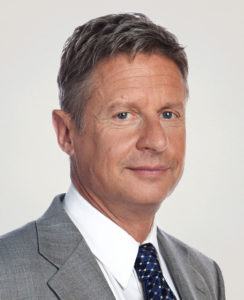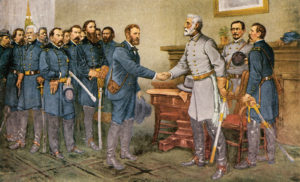Federal Bureau of Investigation (FBI) director James Comey (R) today announced that his agency will not recommend any charges against former Secretary of State Hillary Clinton (D) following an investigation of her email practices.
The FBI determined that Hillary Clinton and her aides were “extremely careless” in their handling of classified emails, and that it is possible that “hostile actors” gained access to a private server that contained at least 110 classified messages. Comey acknowledged that there is evidence that crimes may have been committed, saying, “Although there is evidence of potential violations of the statutes regarding the handling of classified information, our judgment is that no reasonable prosecutor would bring such a case.”
During her time as secretary of state, Clinton and her aides conducted government business on a private email server, a direct violation of numerous laws and regulations regarding record-keeping and transparency and the handling of classified material. Other federal officials who were similarly careless, intentionally or not, have not fared as well as Clinton. Former National Security Agency (NSA) contractor Edward Snowden is currently under indictment (and exiled in Russia) for copying classified material to his private equipment, even though he did so in order to publicize the NSA’s unconstitutional surveillance programs. And General David Petraeus was famously prosecuted in 2015 for sharing some classified material with his mistress.
Although no charges will be filed, Clinton’s actions raise serious questions about her judgement and her willingness to comply with regulations that govern official government communication.




